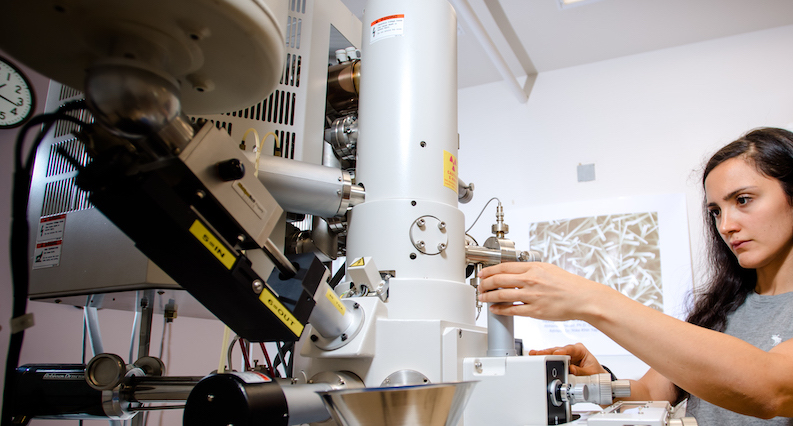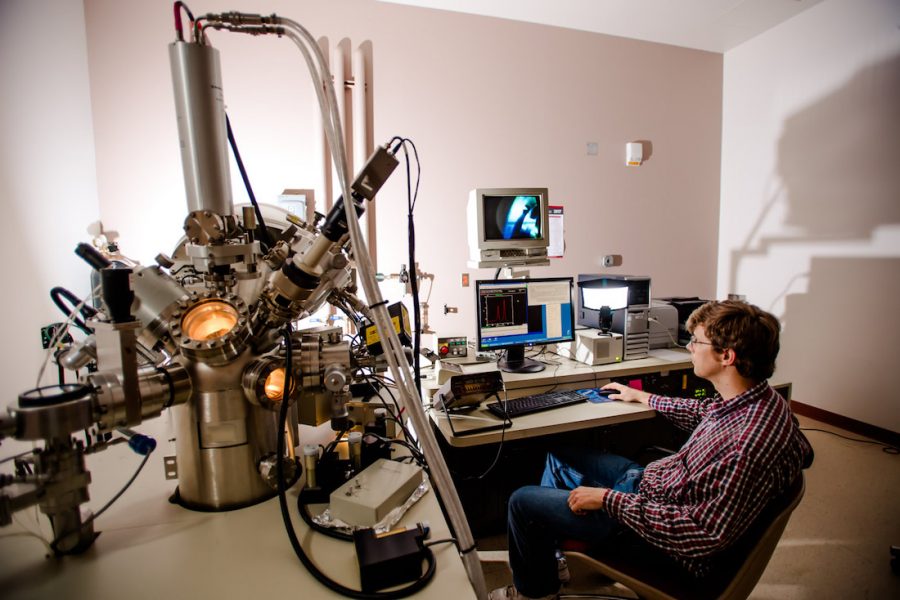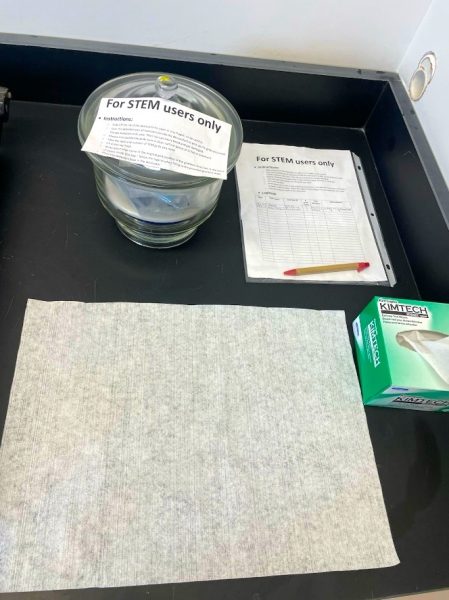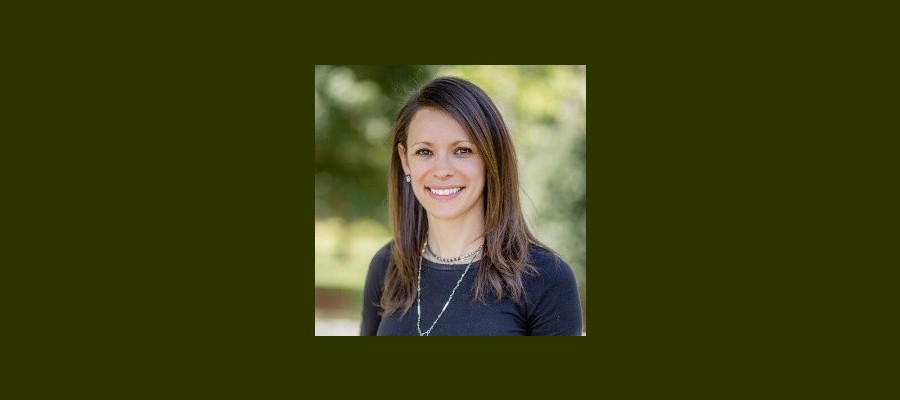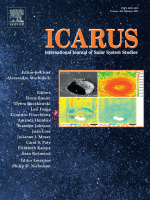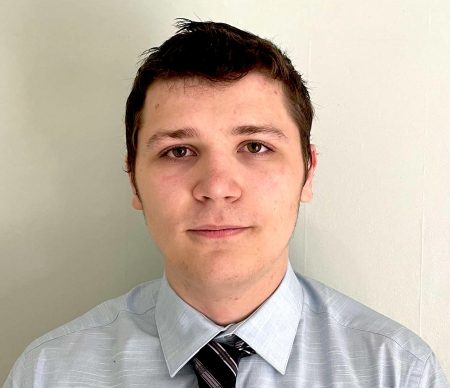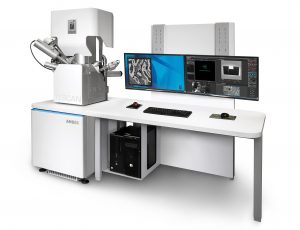
You’re invited to join us for a special Lunch and Learn event sponsored by Tescan.
Advancements in FIB-SEM and STEM Technologies with Tescan
Explore the latest developments in Focused Ion Beam Scanning Electron Microscopy (FIB-SEM) and Scanning Transmission Electron Microscopy (STEM) technologies. Learn about their application for multiscale and multimodal chemical imaging of materials, including batteries and semiconductors.
Topic: Advancements in FIB-SEM and STEM Technologies for high throughput, multimodal characterization of materials
Date and Time: Thursday, April 18th, 10:30 a.m.–12:30 p.m.
Location: M&M 610
Lunch Provided: Enjoy lunch while learning about cutting-edge microscopy technologies.
Additionally, they will briefly introduce the Tescan Collaboration Network (TCN), offering opportunities for collaborative research and instrument sharing across universities.
We look forward to your participation in this informative session!
